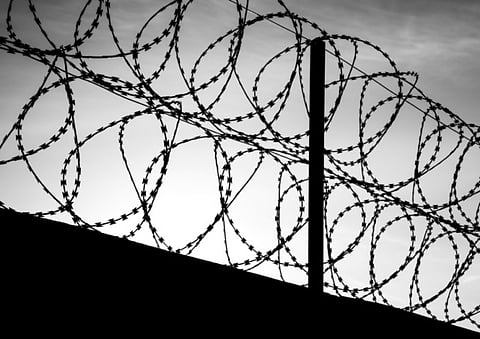Security spending rises as GCC nations upgrade systems
Developments will see countries capitalise on improved technology and work together on defence

It was in May 1981 that six Arabian states on the western side of the Gulf set up the Gulf Cooperation Council (GCC) to protect their wealth-generating oil and territories from possible threats.
Initially, it was Iran on the eastern side that was perceived to be the main threat, particularly as Tehran occupied three islands belonging to the UAE at the time the country gained independence on December 2, 1971. It also laid claims elsewhere across the strategic waters.
Iraq, at the north-eastern tip of the Gulf, did not join the GCC but was actively supported by its six members — Saudi Arabia, Kuwait, Oman, Bahrain, the UAE and Qatar. That was until Iraq’s President Saddam Hussein suddenly occupied Kuwait on August 2, 1990, saying that the oil-rich kingdom historically belonged to Iraq.



